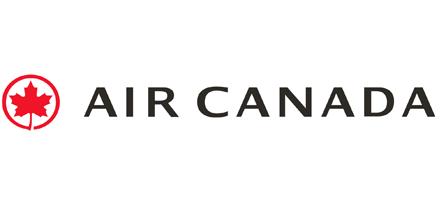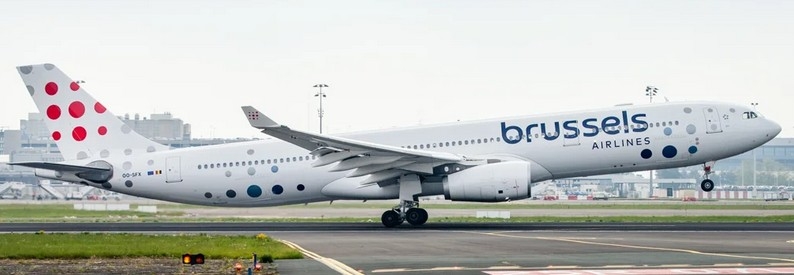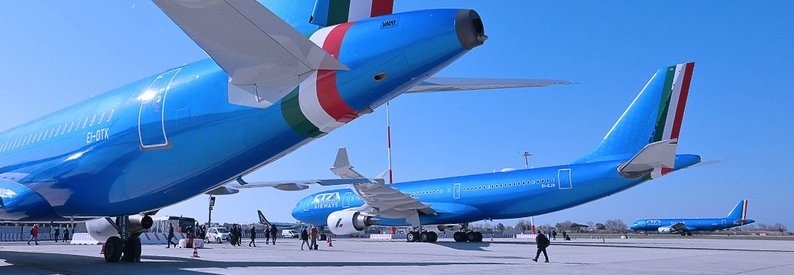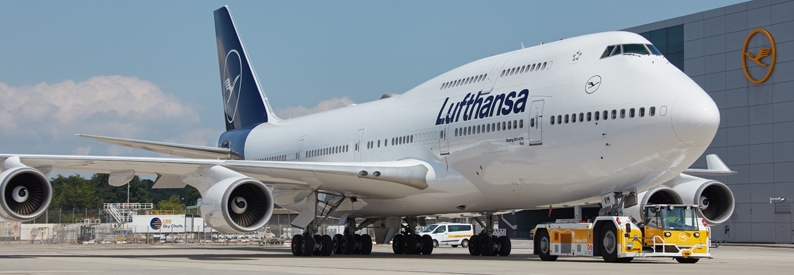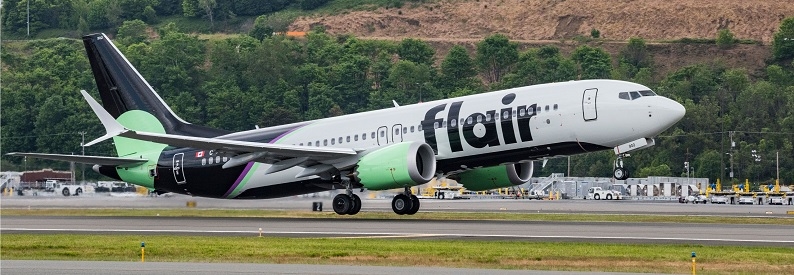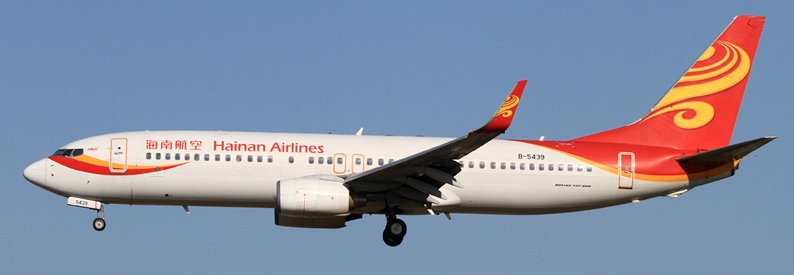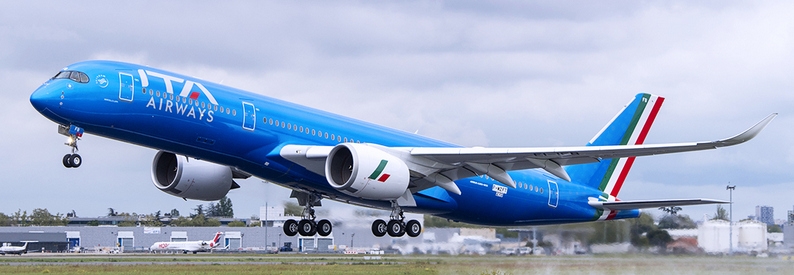Air Canada (AC, Montréal Trudeau) has welcomed the passage of Bill C10 in the Canadian parliament which amends the contentious Air Canada Public Participation Act (ACPPA). Passed back in 1988 when Air Canada was privatized, the law, in its original form, required the carrier to "maintain operational and overhaul centres in the City of Winnipeg (Manitoba), the Montreal Urban Community (Quebec), and the City of Mississauga (Ontario)."
But, under C-10, Air Canada is now allowed to locate its MRO bases anywhere in Quebec, Ontario, and Manitoba. It is also free to dictate how many people these centres employ and what work they do.
"As a private sector company, owned by private sector interests, and operating in a highly competitive global industry, Air Canada should have the same flexibility enjoyed by other airlines to make business decisions on maintenance services based on the competitiveness and quality of services contracted," the airline said. "The revised Act recognizes that competition, not statutory prescription, creates and sustains jobs by private sector employers in an open economy."
The carrier had earlier this week warned it may pull out of a tentative order for up to seventy-five A220-300s should the Canadian parliament fail to pass C10. Earlier this month, the Manitoba Legislative Assembly unanimously passed a motion reiterating its opposition to the bill which, it said, would not provide any net benefits to the province in its current form.
Air Canada has premised its Bombardier Aerospace (BBA, Montréal Trudeau) CSeries order on the amendment and has also pledged to have its CSeries airframe heavy MRO work performed in Quebec by a recognized maintenance provider, for a minimum of twenty years, from first delivery in 2019.
According to the Winnipeg Free Press, Air Canada's SVP (Regional Markets and Government Relations), Kevin Howlett, told a Senate committee this week that unless the carrier was given the legal freedom to determine its own operational requirements, it would walk away from its order and MRO hub plans.
"If this bill does not go forward, we will not create the centre of excellence in Manitoba, and we will not create a centre of excellence in Quebec," he said. "We are not prepared to make that scope of a financial commitment and do so in an environment of legal uncertainty. There are other alternatives other than CSeries."
Air Canada has fought several longrunning legal battles with provincial governments as well as former employees over its adherence to the Act.
Last year, a Quebec Court of Appeal upheld a Quebec Superior Court's ruling which found Air Canada guilty of failing to perform heavy MRO operations in Montreal as required by law.
The case related to Aveos Fleet Performance (formerly Air Canada Technical Services) which collapsed in 2012 after former parent Air Canada withdrew all its MRO business from its former subsidiary citing its uncompetitive pricing.
With the loss of 2,600 jobs, including 1,700 in Montreal, the Quebec government (supported by Manitoba) and the International Association of Machinists and Aerospace Workers took Air Canada to the Superior court which, in February 2013, ruled in their favour.
However, Quebec agreed to discontinue its litigation on the announcement of the CSeries LOI and renewed MRO hub plans in February.
